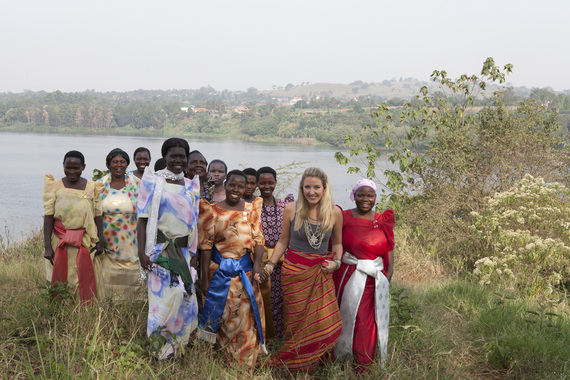Home
About Us
|
|
by: John Mussi
Starting a new business can be an exciting venture -- unfortunately, it can also be quite expensive as well. In order to get the money that you need to get your business off of the ground, you might be considering a loan from a bank or other lender; you should keep in mind that there are some other alternatives for funding that might serve you well in addition to traditional loans.
Of course, before you can do much work toward getting the money that you want you'll need a business proposal and you'll have to be willing to consider a variety of different funding options.
Drafting a business proposal
The first step toward getting the money that you need for your new business is creating a business proposal. This can require a lot of research and estimations, as it should include sections on how much money you'll need, how much money you hope to make, what competition you'll face, what equipment and training your employees will need, and other statistics that may vary depending upon what sort of business you're planning on opening. It's best to do additional research on business proposals, so that you know that you haven't left out anything that's vitally important.
Business grants
Once you've created your business proposal, you should begin looking for business grants that you might qualify for and begin submitting applications. Business grants work much like a business loan, with the exception that the money issued with a grant does not have to be repaid. Any business grants that you can receive will be a great boon to your business, as it means additional funds as well as the knowledge that someone believes that your business will succeed.
Business loans
(continued...)
Getting Money to Start a New Business
Page 2
About The Author
John Mussi is the founder of Direct Online Loans who help homeowners find the best available loans via the www.directonlineloans.co.uk website.
|
Additional Resources
category - Small Business Grants
Business Loans From GovLoans
9 Things You Must Do To Maximize Your Chances Of Obtaining A Small Business Loan
The Secret to Acquiring Business Grants
Small Business Administration Background
Follow @topgovtgrant
Social Entrepreneurship
Spotlight
Social Business Project Empowers and Benefits Women in Africa and America

Brittany Merrill Underwood, who took up a teaching position in rural Uganda, has made it her life’s mission to empower marginalized women to “transform the physical and spiritual livelihoods of their families and communities.”
